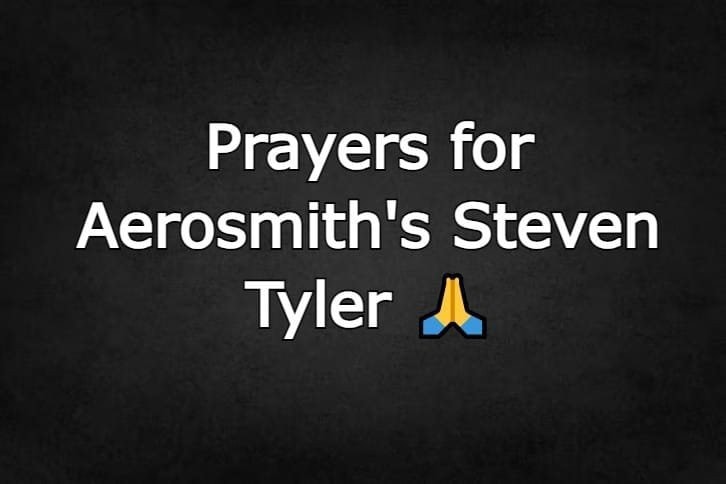Fetterman Fires Back at AOC as Social Media Spat Continues
A recent exchange on social media between Rep. Alexandria Ocasio-Cortez (D-NY) and Sen. John Fetterman (D-PA) has drawn attention to the ongoing divisions within the Democratic Party regarding the U.S. response to the conflict between Israel and Hamas.
The discussion was sparked by a post from Rep. Ocasio-Cortez criticizing the Biden administration’s approach to the conflict. In her message, she described the Israeli government’s military actions in Gaza as “unrestrained,” urging the U.S. to take stronger steps to protect civilians, including implementing an arms embargo.
“The horrors unfolding in northern Gaza are the result of a completely unrestrained Netanyahu government, fully armed by the Biden administration while food aid is blocked and patients are bombed in hospitals. This is a genocide of Palestinians. The US must stop enabling it. Arms embargo now,” Ocasio-Cortez wrote.
Her statement was shared in an article by The Hill, which was later reposted by Sen. Fetterman, who offered a sharply different perspective. Responding via X (formerly Twitter), Fetterman stated:
“The tragedy in Gaza is 100% on Hamas. Stop using civilians and hospitals as shields, surrender, and release all remaining hostages—and this ends.”
Rep. Ocasio-Cortez then responded to Fetterman’s remarks, calling it a “bleak dunk attempt,” highlighting what she saw as a dismissal of the broader humanitarian concerns.
The disagreement reflects deeper tensions within the Democratic Party over the U.S. role in the Middle East and how to balance support for allies with growing calls for humanitarian accountability.
While such public exchanges are not new in American politics, they underscore how social media continues to serve as a platform where elected officials debate complex global issues in real time. Both lawmakers have passionate followings and represent differing perspectives within their party, contributing to a broader national conversation on foreign policy and human rights.
As the situation in Gaza continues to evolve, political discourse around it remains deeply divided, even among those within the same party—underscoring the challenges of navigating global conflicts in a hyperconnected, politically engaged era.



